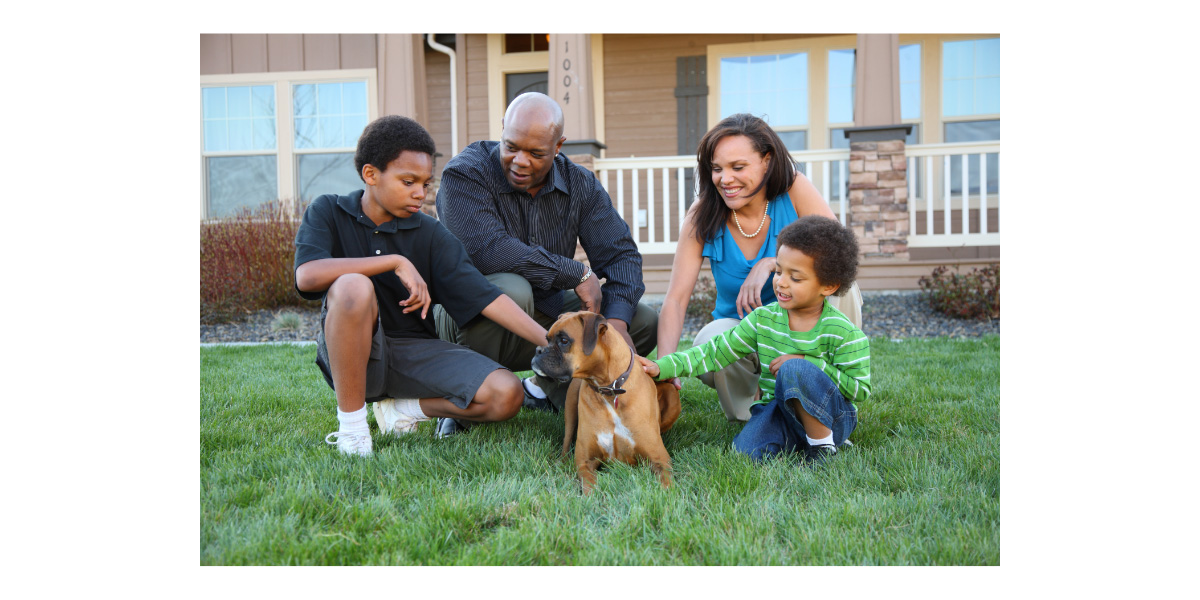
Coronavirus is a term used to describe strains of a group of virus that has a crown-like appearance when viewed under a microscope.
The strain that's been headlining in the news lately is called 2019-nCoV. This strain has been linked to a marketplace in China that sells live animals and various exotic meats. The virus may have been first transmitted to humans via snakes, likely through consumption of infected meat.
What we do know is that this particular strain affects both animals and humans. Right now there is no data that shows humans can contract the strain of Coronavirus from pets. However, so far there have been 4 confirmed cases of COVID-19 in domestic animals: two dogs and one cat in Hong Kong and one cat in Belgium. Recently a tiger at the Bronx Zoo in New York has also tested positive for the Coronavirus. An epidemiologist working in China has advised the public to keep their pets away from infected humans on the chance that they can contract the virus.
How Coronavirus Is Transmitted?
While this strain of coronavirus may have originated from consumption of infected animals, it has also been transmitted between humans.
Coronavirus is associated with upper respiratory symptoms, including coughing, sneezing, sore throat, and stuffy nose. As with many respiratory infections, it can be spread through the air, via droplets of moisture from a cough or sneeze.
Also, a few people have been diagnosed with coronavirus without showing symptoms, and those affected can shed the virus before getting sick. So, if you're visiting or living in an area with your pet where people have been infected, you may want to take caution.
If your pet gets ill, and you suspect they may have contact with someone with coronavirus, see your vet for a diagnosis. Call your vet first so they can take necessary steps to ensure that, regardless of what infection your pet may have, it will not be spread to others.
What Is Canine Coronavirus Disease?
Canine coronavirus is another strain of viruses that looks like a crown, but it's not otherwise linked to the recent outbreak - it's a totally different virus.
Dogs typically contract canine coronavirus by consuming the feces of an infected dog. It's typically seen in puppies who may not yet have a fully developed immune system. Symptoms of canine coronavirus include gastrointestinal issues like diarrhea and stomach cramps, though they typically subside within a few days.
Any time your puppy is vomiting, has diarrhea, lethargy, and/or isn't eating, you should seek immediate veterinary care. These symptoms can not only indicate coronavirus, but other infections such as distemper and parvovirus, all of which are highly infectious and potentially fatal.
What Is Feline Coronavirus?
Feline coronavirus, like canine coronavirus, is unrelated to 2019-nCoV. It typically affects kittens, though affected cats do not usually show symptoms unless the virus mutates into Feline infectious peritonitis (FIP).
FIP is a highly fatal infection that spreads quickly, especially in confined areas like shelters and kennels. There are two types of FIP: wet, which causes fever, diarrhea, runny nose, sneezing, and lethargy, and dry, which causes anemia, fever, diarrhea, and neurological symptoms like uncoordinated movements and loss of vision.
Any time your kitten has diarrhea, vomiting, runny nose or eyes, fever, or other symptoms of an infection, immediate veterinary care is needed to ensure their survival. Young animals can dehydrate quickly and succumb to infection.
If you believe your pet has a contagious infection, coronavirus or otherwise, see your vet or emergency vet as soon as possible, and let them know before your arrival that your pet may be highly contagious to other animals.














































